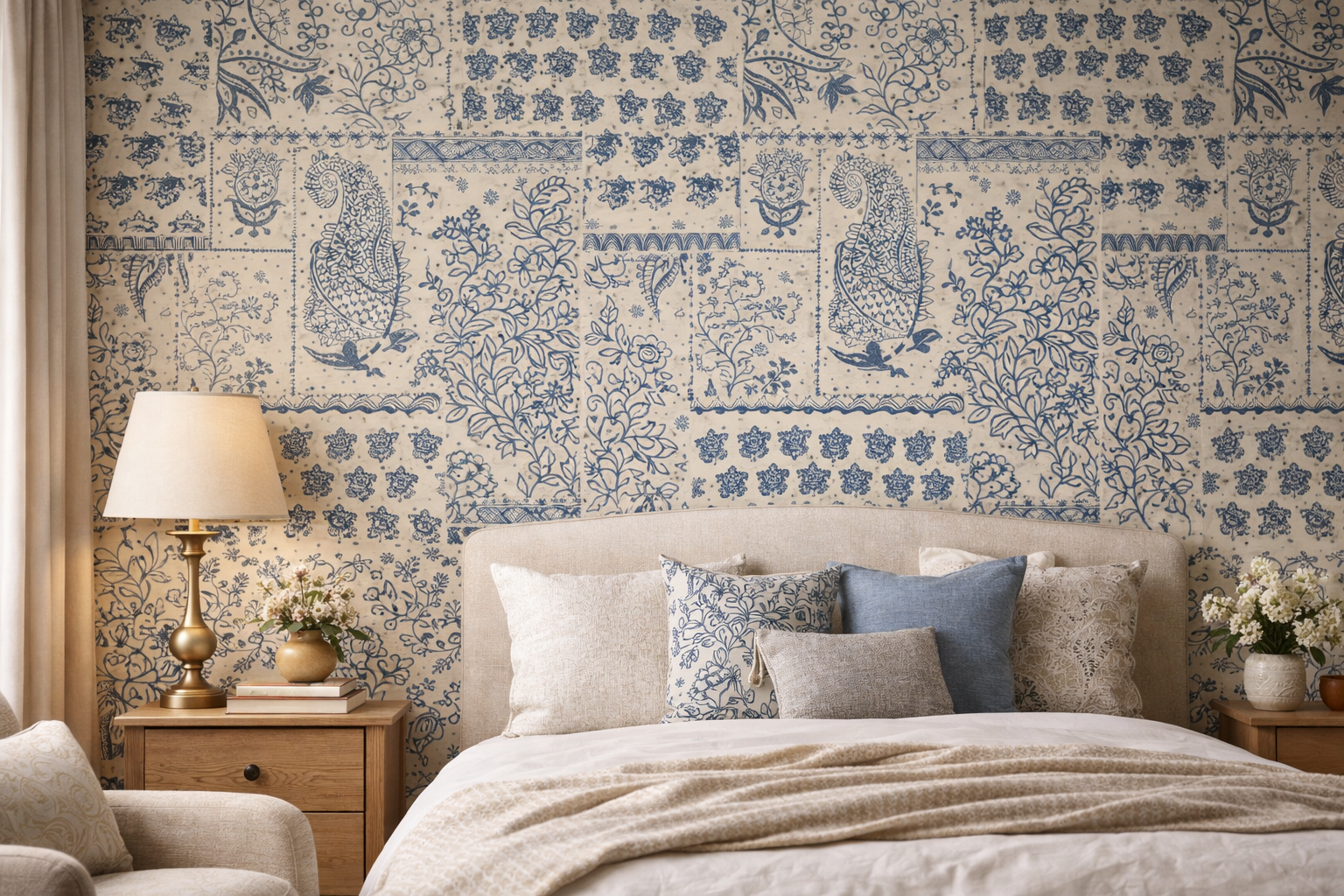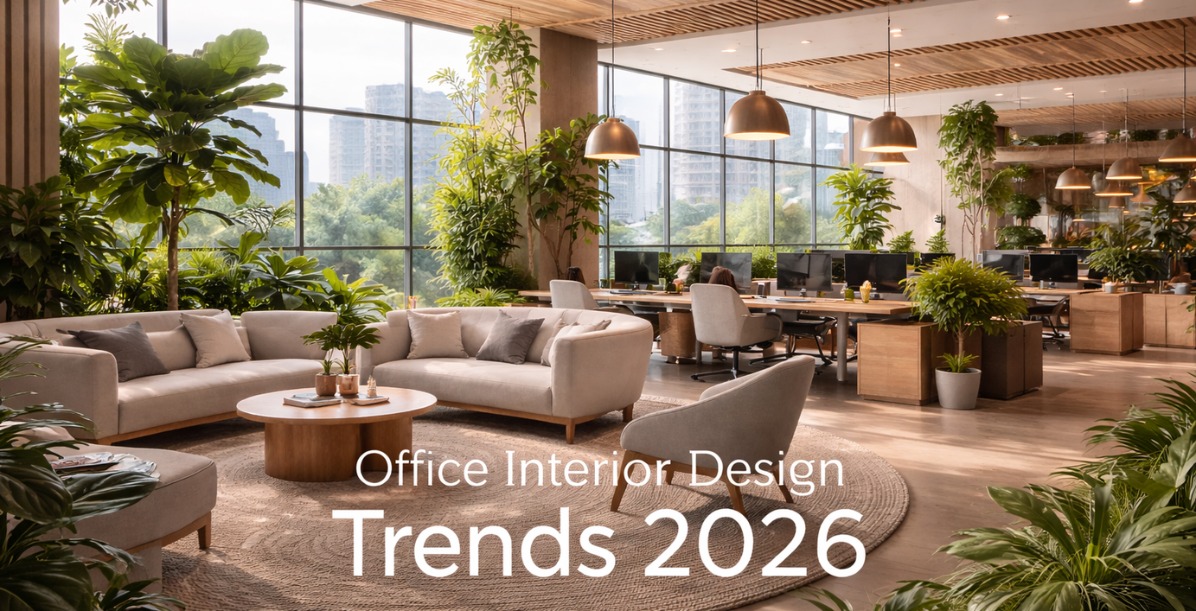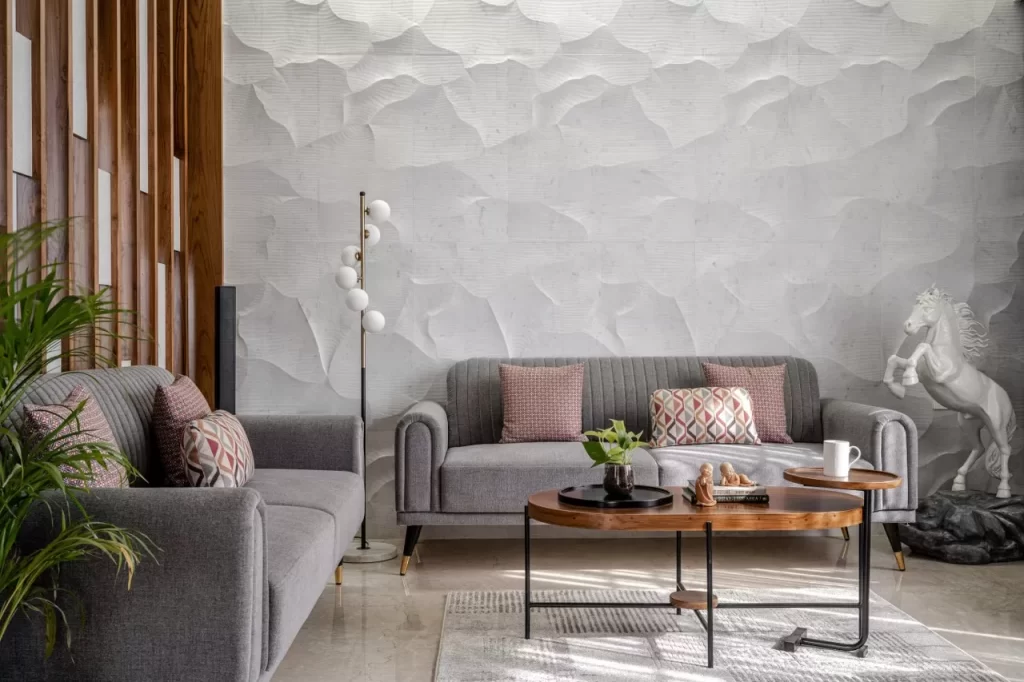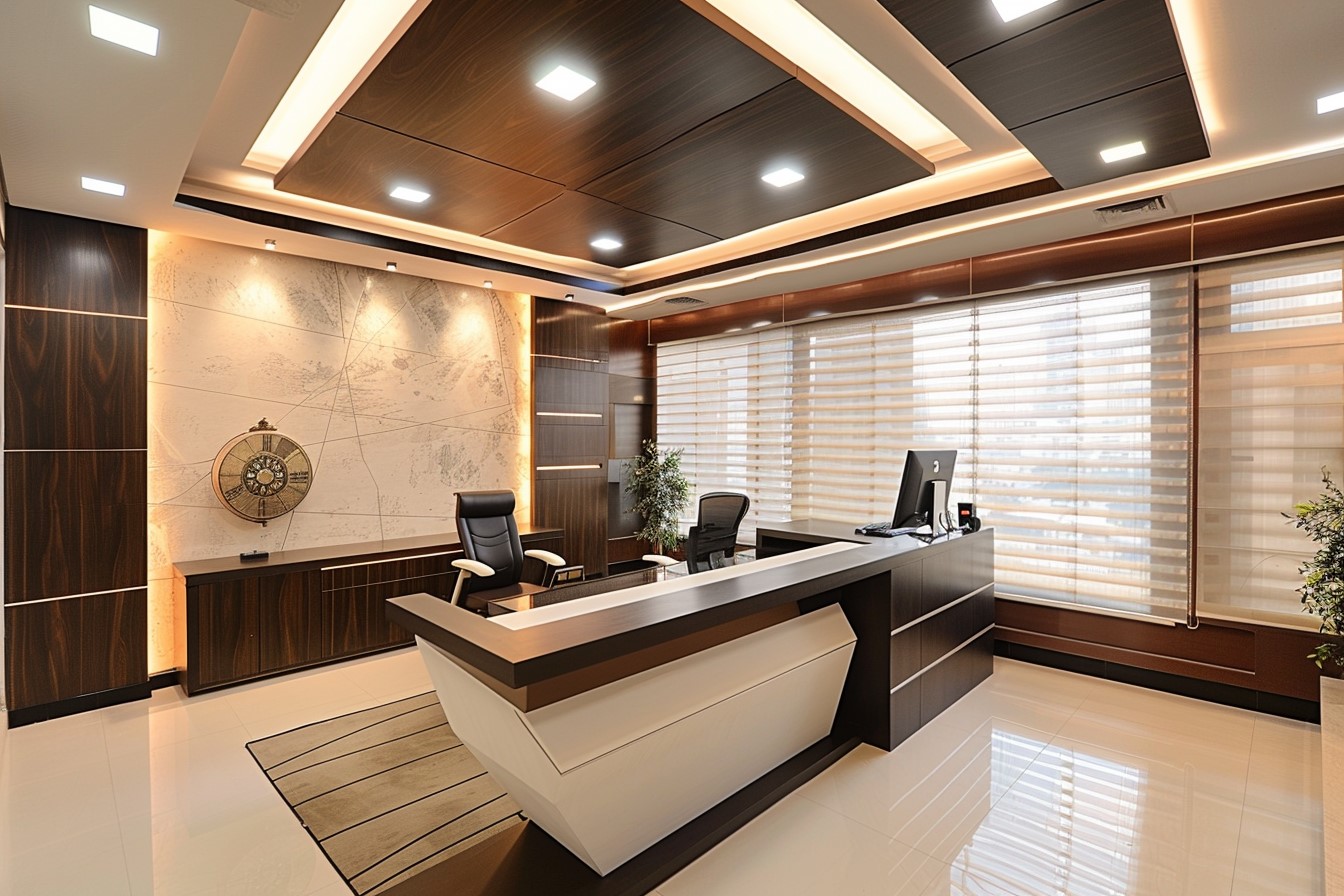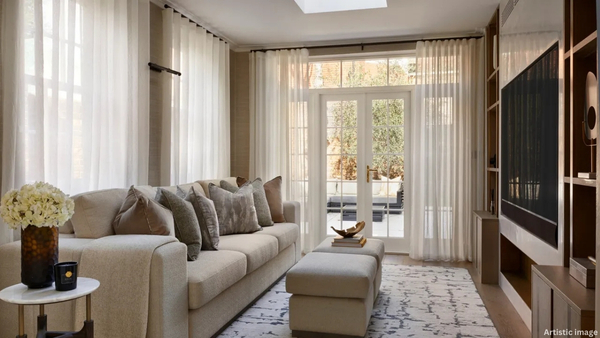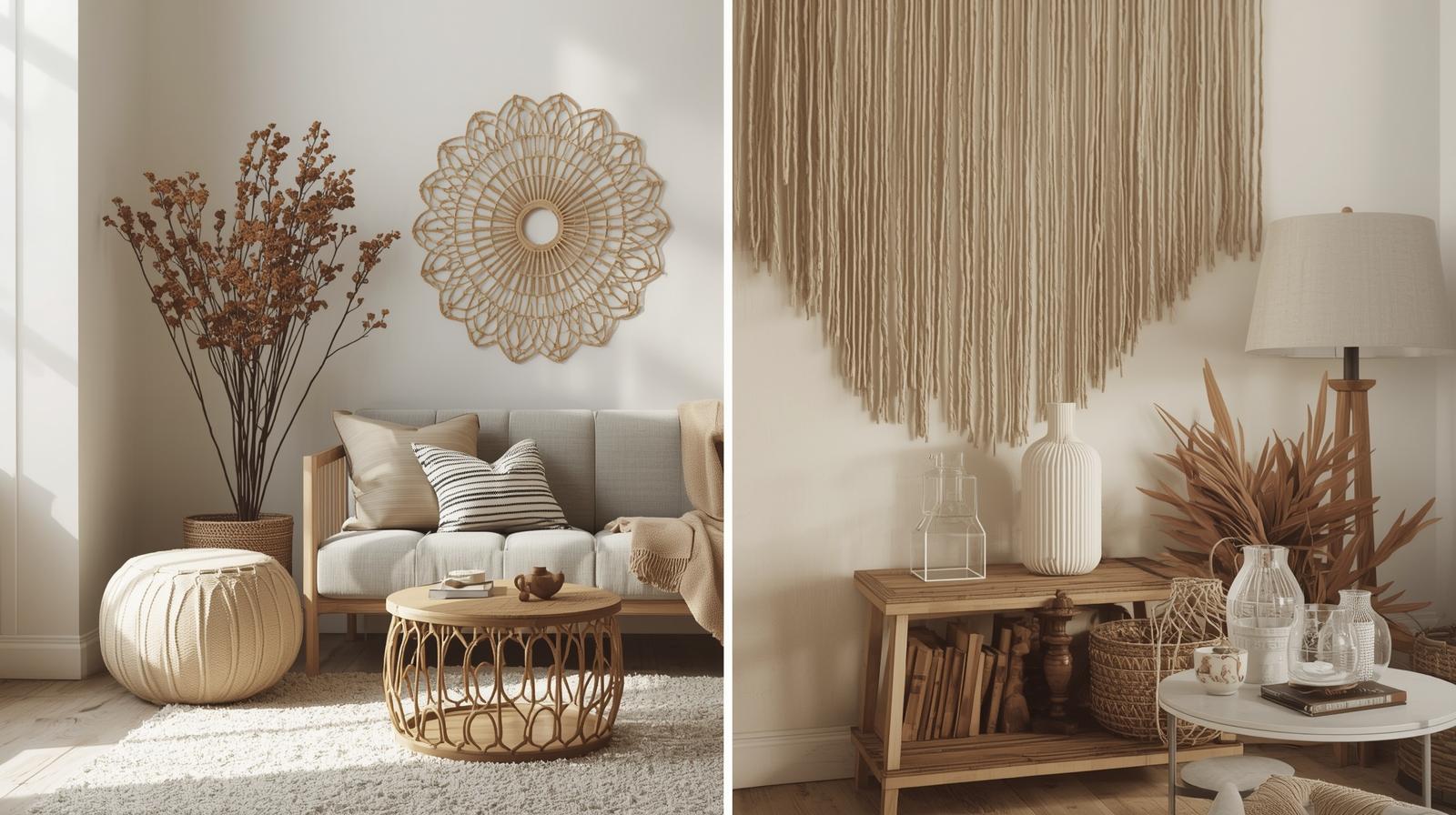Living Room Space Trends
Is your home feeling cramped? Above all, you might want a more open feel. Today's living room space trends favor breaking down walls to create flow. Similarly, open-plan designs mix function with style in modern homes. As a result, you'll enjoy cooking, eating, relaxing, and family time in connected spaces. Not only that, but new design ideas can transform how you live. From smart layouts to multi-use furniture, these changes make homes feel larger and more welcoming.
Many homeowners now prefer spaces where family members can interact while doing different activities. This approach to home design removes barriers between rooms. The environment brings people together yet maintains their individual areas to themselves. Spatial design creates new ways for homeowners to use their houses while we observe its impact on home utilization.

Creating Flow in Your Living Room Space
Open layouts need good planning. First of all, your living room space should connect with other areas. Then, use the same flooring to create unity. Next, plan how people move through rooms without barriers. Additionally, define zones using rugs, lights, or furniture groups. Furthermore, use colors that work well together. Consequently, your home will feel both cohesive and organized. When planning, think about views from each area. In particular, place furniture to create pleasant views. As a result, the space will feel well-designed.
Walls may be gone, but structure remains important. On the contrary, open living needs clear zones to work well! In the first place, define your seating area with a large rug. Face furniture inward for good talks. Alternatively, use a sofa as a room divider. If noise is a concern, moreover, try partial walls or glass dividers. Furthermore, lighting can mark zones clearly. In addition, ceiling beams or paint can divide spaces. Above all, these zoning tricks create order in your living room space. Use hanging lights for dining areas. In contrast, floor lamps work well in reading nooks. Meanwhile, under-cabinet lighting defines kitchen zones without walls.

Furniture for Living Room Space in Open Plans
Choosing the right pieces makes all the difference. To begin with, select furniture that fits your space size. Subsequently, think about how items look from all sides. After that, look for pieces that serve many needs. Additionally, placing furniture away from walls creates visual borders. The right choices make open living room space more useful. Try sofas with open backs as room dividers. Not only do they offer seating, but they also define spaces without blocking light. Besides this, storage ottomans work as tables, seats, and storage all at once.
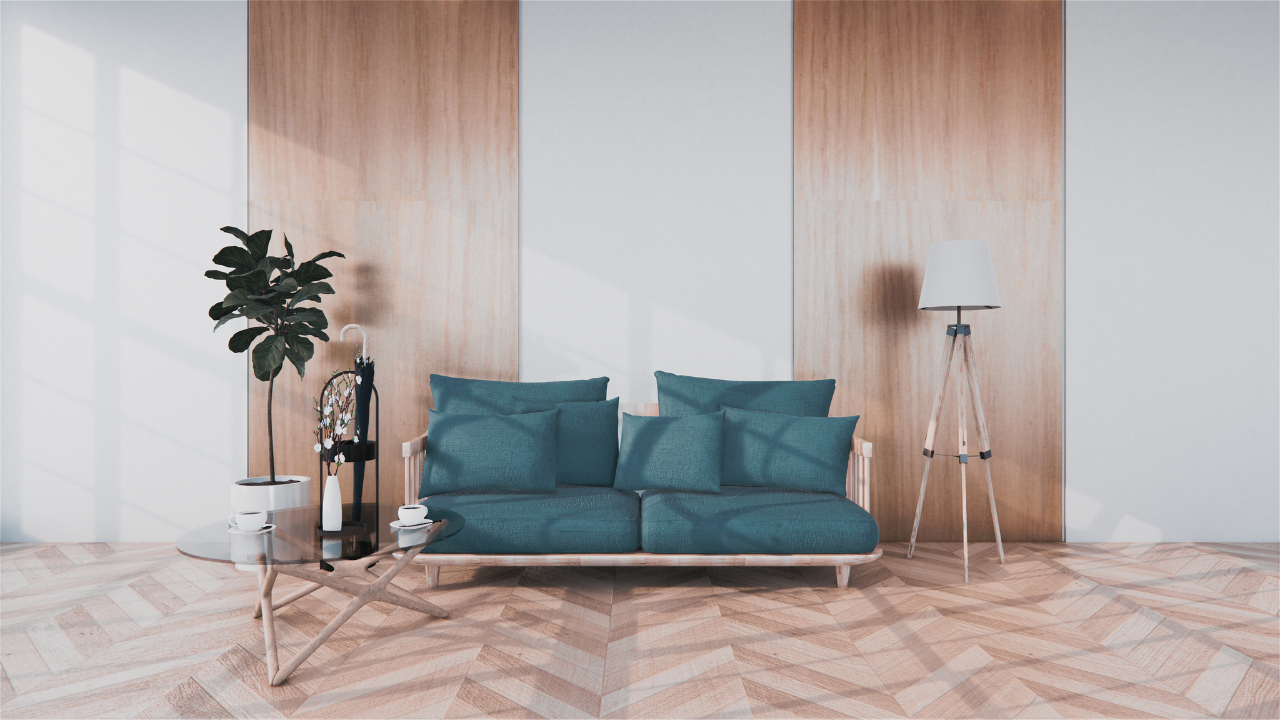
Color and Tech in Open Living Room Space
Color helps connect or divide areas. Initially, choose a main palette for the whole space. Next, add accent colors to mark different zones. Then, mix materials to add visual appeal. Moreover, using similar wood tones or metals creates harmony. Eventually, these color choices make open-plan living both pretty and practical. Use one main color in different shades across zones. In fact, this creates both unity and distinct areas. Use light colors to make spaces feel larger. Use rich tones to make areas feel cozy and warm.
Tech should help, not intrude. In essence, your tech plan should hide devices when not in use. For instance, try TV cabinets that close or screens that roll away. Meanwhile, smart systems can control each zone on its own. Therefore, tech makes your living room space more useful without clutter. Think about sound in open plans. Use soft items to reduce noise. Rugs and pillows help a lot. Acoustic panels can solve echo problems while looking stylish.

Making Open Plans Work for Families
Families need special planning. First and foremost, think about how each person uses the space. Then, make quiet spots for homework or remote work. Meanwhile, keep sight lines open to watch children while cooking. Furthermore, plenty of storage keeps shared spaces neat. Above all, good family living room space offers both together time and quiet time. Add some small retreat spots in your plan. Create reading nooks near windows. Place comfy chairs by bookshelves for peaceful moments.

Conclusion
Open plans offer great options for modern homes. Begin by looking at your daily needs. After deciding what your family needs, select your decor and furniture. Keep in mind that rooms must serve many roles. Removing walls changes both the look and feel of your home. A good family living room space offers both together time and quiet time. The Wooden Strings turns closed rooms into open designs that fit your lifestyle. A good design makes daily tasks easier and more pleasant. Open your mind to new ideas. Wooden Strings will build a home that works for you.

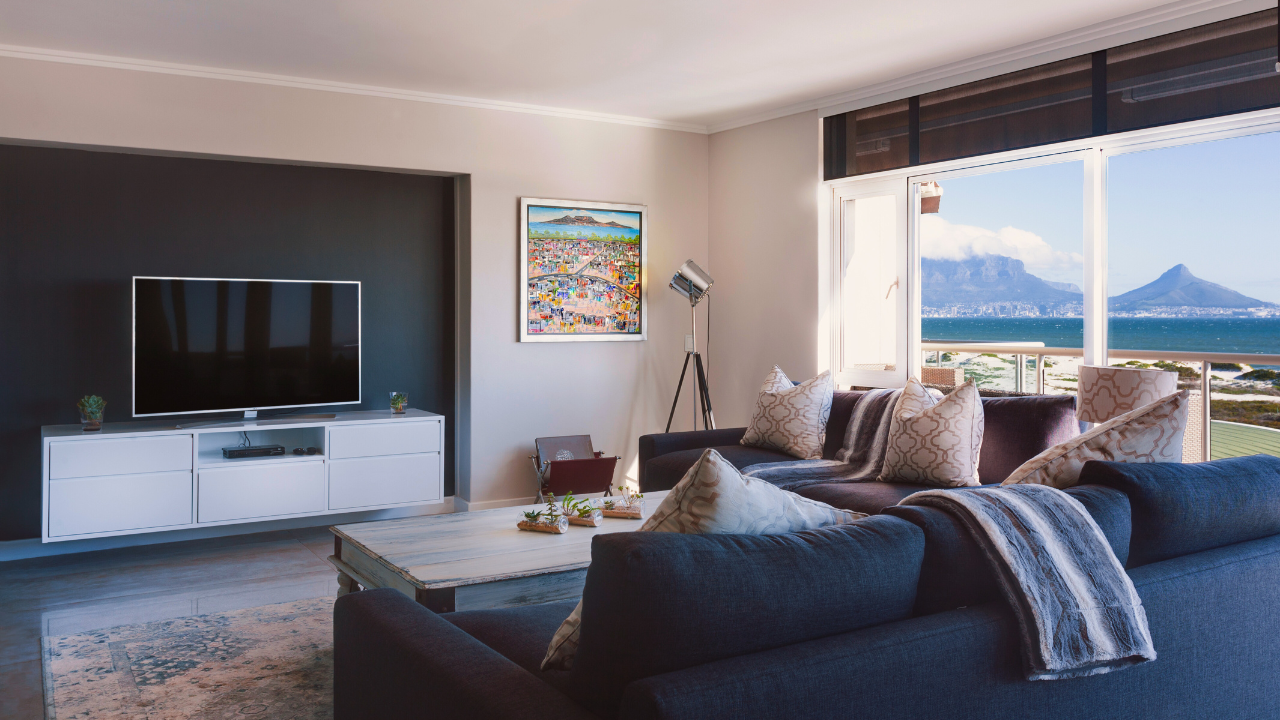

.png)

